Water Waste Removal project
With the support of our Foundation in India, students from the Walchand College of Engineering are creating a new floating solid waste collection system for lakes and rivers, before arriving into the oceans.
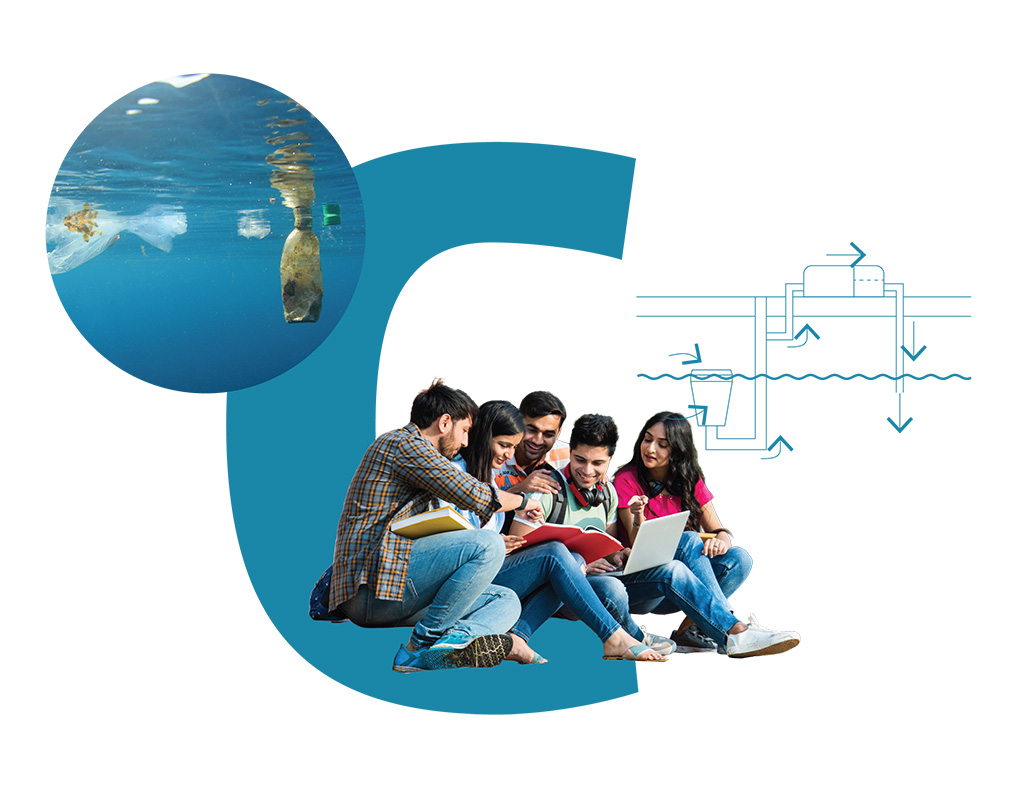
Bringing life back to our waterways
Water pollution is a major environmental issue in many parts of the world. One of the largest sources of water pollution is trash and floating debris as well as untreated sewage, agricultural runoff and unregulated industry waste.
Floating Solid Waste Collection System for Lakes and Rivers
The students at Walchand College of Engineering located in Sangli, India are developing a sustainable waste collection system to help clean floating waste from water bodies as well as remove oil residue floating on the water.
The goal of the project is to develop a sustainable system capable of collecting the floating debris and waste from banks of rivers and lakes, while separating the biodegradable waste from non-biodegradable waste. The waste collection solution, when completed, will require minimal human intervention to operate, in order to preserve the natural ecosystem as much as possible, while keeping cost, time and labor resources low.
By using advanced design, simulation and visualization software to develop the solution, engineering students will gain valuable technical expertise and build the critical collaboration skills necessary to be successful in the workplace of the future.
Floating debris disrupts the lake and river vegetation which in turn affects the spawning areas and habitat for fish and other organisms. This project will help in reducing the water pollution. Students will be exposed to real life scenarios which will provide a demonstration of current solid waste management practices, while gaining an opportunity to apply this knowledge to discover new innovative and sustainable solutions for these current problems.
Social impact
The Walchand College’s Water Waste Removal project will lead to improvement in water quality and reduced pollution in a way that minimally disturbs river and lake ecosystems.
The design of the system will be documented and used to create valuable deliverables that will be shared as open source design and contributing to the creation of a more sustainable universe by improving water quality and reducing water pollution.
The 2030 Agenda for Sustainable Development
Adopted by all United Nations Member States, the agenda provides a shared blueprint for peace and prosperity for people and the planet, now and into the future. At its heart are the 17 Sustainable Development Goals (SDGs), which are an urgent call for action by all countries - developed and developing - in a global partnership. The Dassault Systèmes La Fondation Floating Solid Waste Collection System for Lakes and Rivers project supports three of these goals:
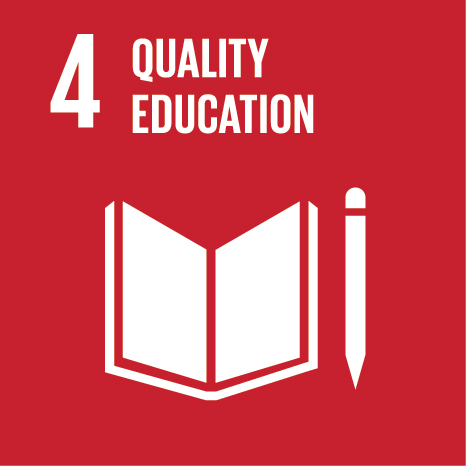
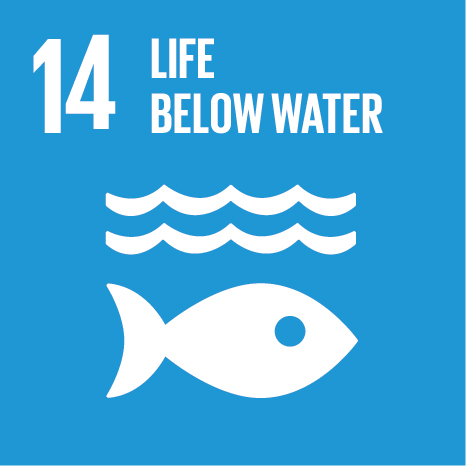
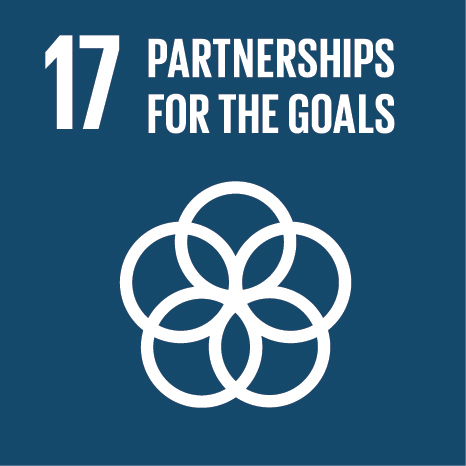
Our partner
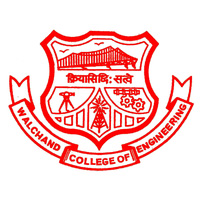
The Walchand College of Engineering (WCE) was established in1947 in Sangli, Maharashtra India. WCE is one of the oldest Government Aided Engineering institutes in the country, and offers degree programs in a variety of engineering disciplines. The college consistently rates as a top five-college admission preference by students in Maharashtra.
Get more information on this project and Dassault Systèmes' commitment to improving the world’s water and consumption practices.

